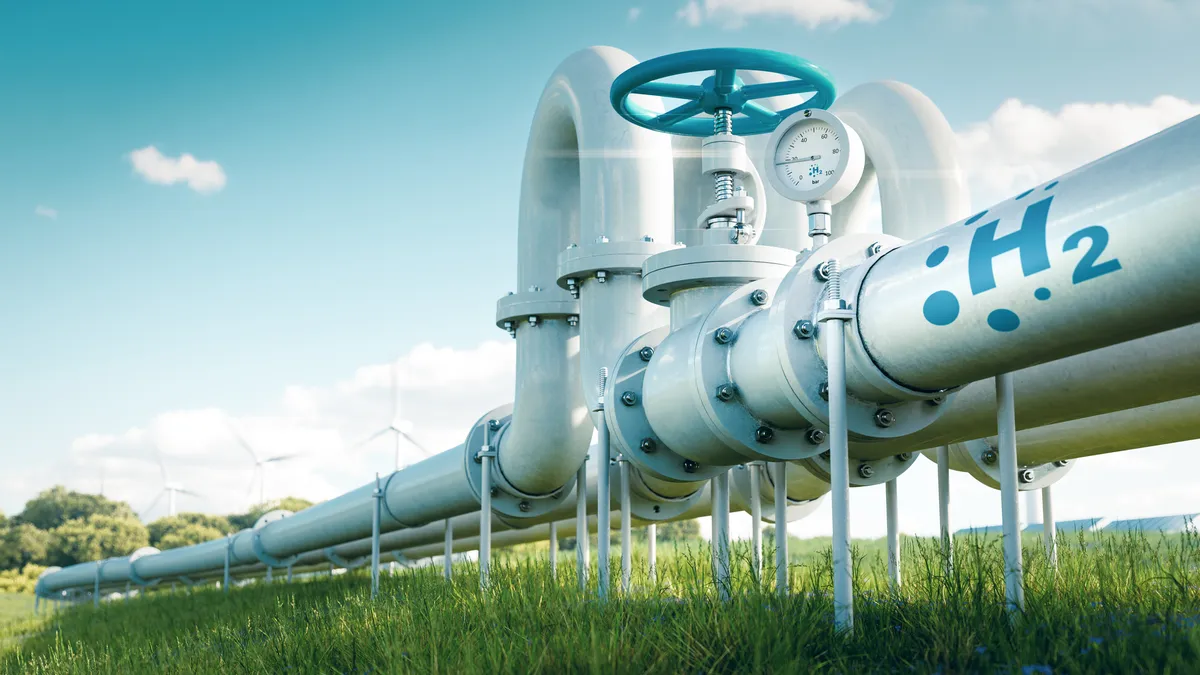Blending more than 5% hydrogen into existing natural gas pipelines raises the chance of leaks and the embrittlement of steel pipelines, the California Public Utilities Commission said Thursday.
“Hydrogen blends above 5% could require modifications of appliances such as stoves and water heaters to avoid leaks and equipment malfunction,” the CPUC said.
The CPUC issued the findings of the University of California at Riverside’s Hydrogen Blending Impacts Study, an independent study it commissioned pursuant to Senate Bill 1369 and as part of the CPUC’s ongoing renewable gas rulemaking.
“The study represents a critical step in considering renewable hydrogen as a component in California’s statewide decarbonization strategy,” the CPUC said.
The study examined operational and safety issues related to injecting hydrogen into existing gas pipelines at various percentages “to help California establish the standards and interconnection protocols for possibly injecting renewable hydrogen into natural gas pipelines,” the CPUC said.
Hydrogen blends of up to 5% in the natural gas stream are generally safe, the study found.
Hydrogen blends greater than 20% “present a higher likelihood of permeating plastic pipes, which can increase the risk of gas ignition outside the pipeline,” the CPUC said.
The study concluded that additional study is needed on blending hydrogen into the state’s gas system to ensure its safety and called for real-world demonstrations to build on the findings “and determine the appropriate blend percentage suitable to mitigate operational risks such as ignition.”
“This study provides additional insight into the possibilities and limits of California’s pipeline infrastructure as we explore options for supplying zero-carbon energy to hard-to-decarbonize applications,” CPUC Commissioner Clifford Rechtschaffen said in a statement.
A California administrative law judge issued a ruling July 18 in part seeking public comment on the UC Riverside study.
The ruling includes 11 questions for consideration, including:
- Does the UC Riverside Study provide enough information for the commission to consider adopting a safe injection standard for hydrogen in the common carrier pipeline system? If so, what should that standard be, and why do you think that standard is appropriate?
- Are there leakage-related considerations that the commission should consider?
- Are there heating value-related considerations that the commission should consider?
Comments are due by Aug. 26.














